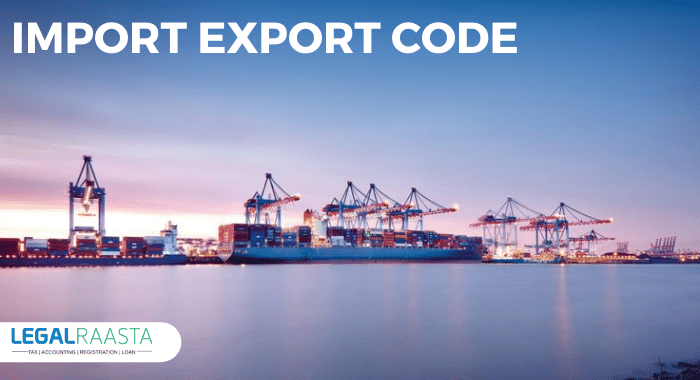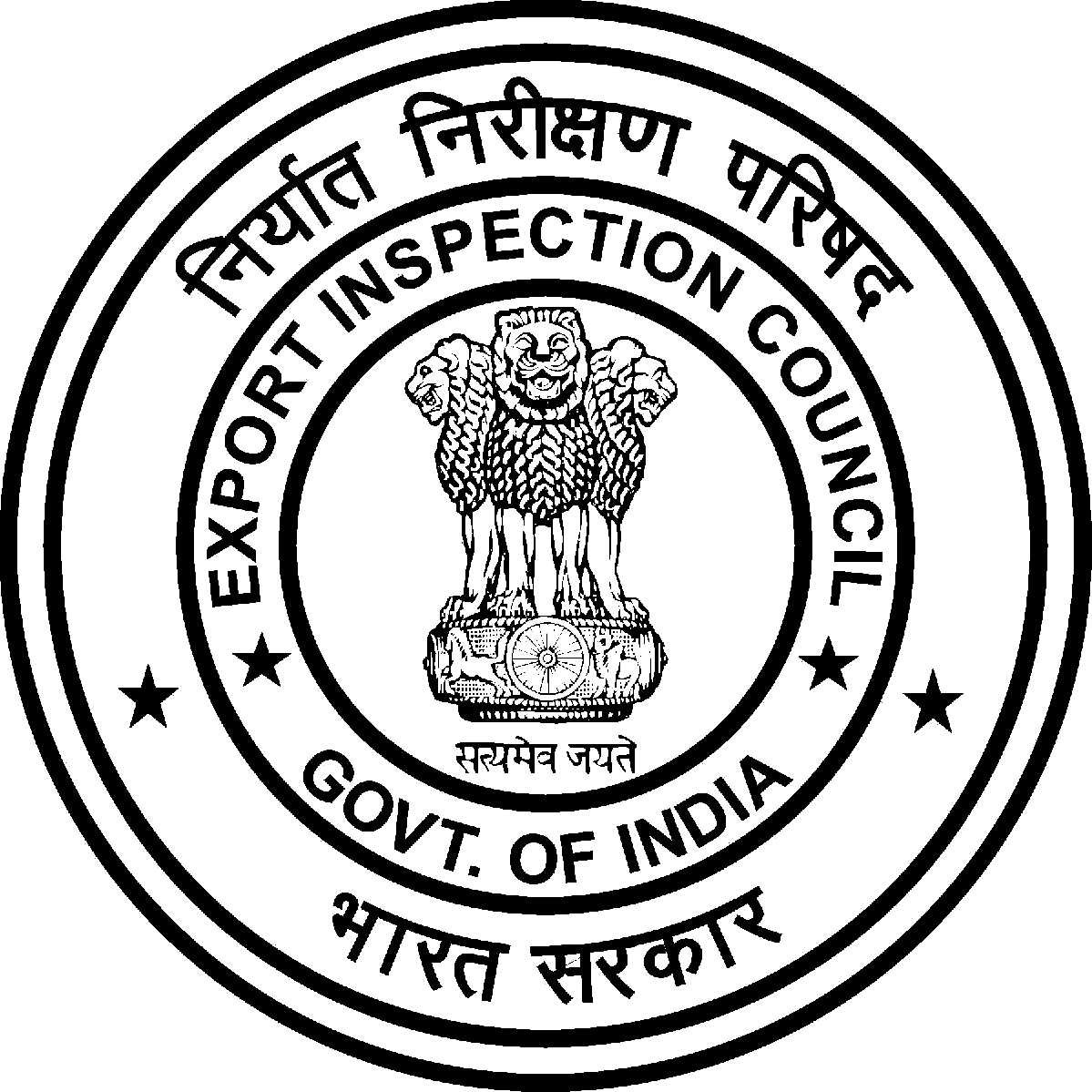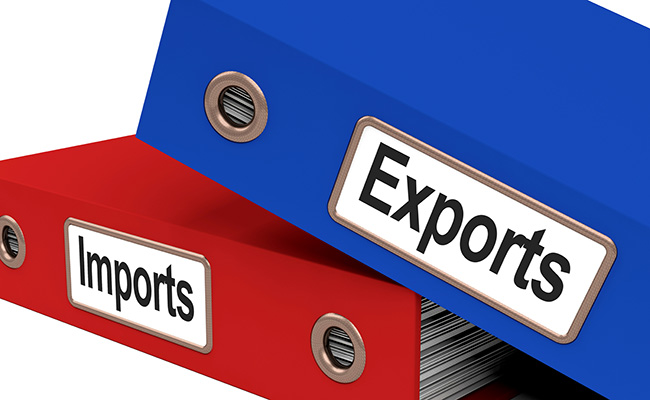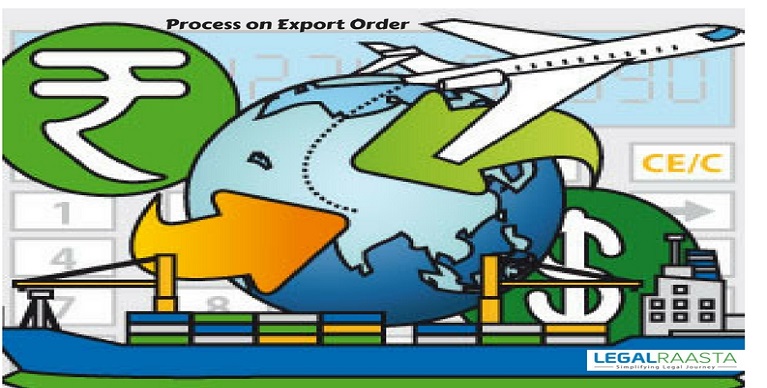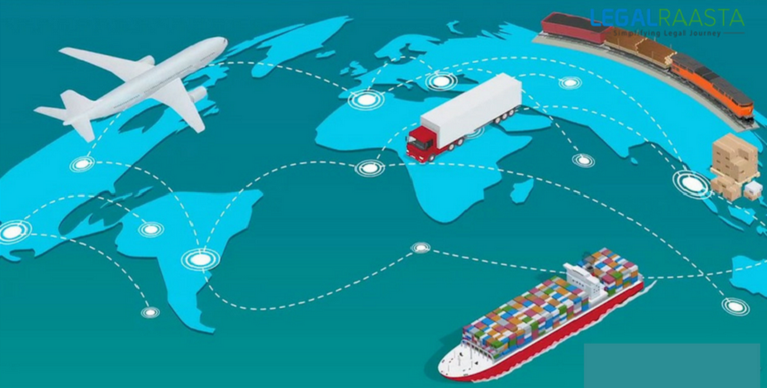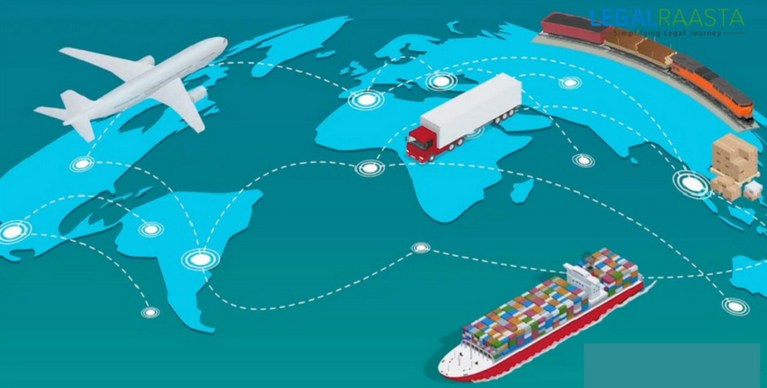What is BIS Certification For Customs Clearance?
Overview
For goods manufacturing or importing, the rules and regulations vary by country. It determines that every country has its own guidelines that are required to be complied with by the importing nation. This is where the process of customs clearance plays an instrumental role. The foreign manufacturers who wish to sell their products in the Indian market are required to meet the specific country requirements. In short, before shipping any product into another country, you are required to fulfill the customs clearance requirements.
The Bureau of Indian Standards plays a role in facilitating customs clearance for a diverse range of products. When it comes to the products’ customs clearance, the BIS pays close attention. Therefore, understanding the foundation of import, including standards, compliance, and other important regulations, is essential. In this comprehensive guide, we will explore why BIS certification is critical for importers and how it can help avoid delays and penalties, including shipment rejection.
What is BIS Certification in India?
Under the BIS Act of 2016, the Bureau of Indian Standards was formed. The act mandates the compulsory registration of specific products. For example, to sell toys in India, the operators are required to obtain a BIS license. The initial goal of BIS for imports from China to India is to maintain the quality standard of products. It demonstrates that before importing the products into Indian markets, they must adhere to the safety, quality, and reliability standards. The valid license serves as a third party that guarantees product standardization. The BIS registration is mandatory for those products that have direct contact with consumers.
The national regulatory body, BIS, has introduced several schemes, including…
- Product Certification Scheme (ISI Mark): Whether you are a jewelry manufacturer or a bandage manufacturer, you need to register under the ISI mark certification scheme. Under this program, manufacturers receive authorization to display the ISI mark on their products following the approval of their BIS license. The ISI mark indicates compliance with Indian standard rules and regulations.
- Foreign Manufacturers Certification Scheme (FMCS): A large number of foreign manufacturers export their products to sell in the Indian markets. Therefore, the Bureau of Indian Standards organization designed a Foreign Manufacturers Certification Scheme (FMCS). The main aim of its design is to guarantee that products imported into India comply with safety and quality standards. Before the entry of products into India, they are tested to ensure compliance with standards.
- Hallmarking Scheme: For the import of jewelry into Indian markets, the operators need to obtain BIS hallmark certification from the Bureau of Indian Standards. The hallmarking scheme was established for gold and silver jewelry to ensure their purity and quality benchmarks.
Why is BIS Registration Critical for Customs Clearance?
BIS license apply online is the mark of quality & safety in packaging. For the specific products, the customs clearance is a general requirement. Customs clearance authorities work in conjunction with the Bureau of Indian Standards to uphold product integrity. Enforcing the regulations restricts the entry of unsafe or substandard products. Meanwhile, the importers can face legal action without a BIS license for goods. The other challenges that they can face without customs clearance are
Detention and Delays
To ensure the successful shipment of goods, customs officials require a BIS certificate. However, shipment clearance will not be allowed without a valid license and will be detained by customs officials. Although this will cause of significant delay in shipments, which will also affect the supply chain.
Penalties and Fines
Forcefully shipping the goods without BIS approval can lead to possible legal penalties, including fines and imprisonment, by customs authorities. Imposed by the authorities, it will directly affect the margins of goods as well as increase the import cost.
Re-export or Destruction
The importers can face significant financial losses after the re-export order by the customs authority. This will happen when the exporter of goods fails to adhere to the specified BIS standards for products or does not obtain the relevant license.
Reputational Damage
The brand reputation of the importer can face massive backlash due to non-compliance with BIS standards. It will directly impact goods sales and lead to a trust break with clients and business partners.
The Mandatory Products BIS Certification for Custom Clearance
The Indian government updates the mandatory list for BIS registration based on various factors, including health, public safety, and many more. In addition, the specific products that require a BIS license before customs clearance are
- The IT and electronic products include mobile phones, LED lights, laptops, and numerous IT devices.
- The specific automotive components.
- Chemicals and fertilizers in significant amounts.
- The construction materials include items such as steel, cement, and others.
- Food products and the packaging materials.
- The specified medical equipment and devices.
- Children play with items like toys and others intended for children’s use.
- Multiple electrical conductors, such as electrical cables and wires.
BIS Certification Process for Foreign Manufacturers (FMCS)
Before customs clearance by the authorities, foreign manufacturers are required to obtain a license from the Indian regulatory authority, BIS. The registration process under FMCS involves:
Authorized Indian Representative (AIR)
The global manufacturer needs to appoint an AIR. The authorized Indian representative will deal with the BIS authority regarding its applications and compliance.
Compulsory Registration Scheme (CRS)
If the manufacturers want to import IT and electronic products into India, they must register under the Compulsory Registration Scheme (CRS).
Application Submission
The appointed AIR will apply with supported documents that include factory registration proofs, information on products, product sample testing reports, and quality control system details.
Factory Audit
To ensure the production system of products, an auditor will be nominated to check the manufacturing premises and facilities. The sample of the product will also be collected and sent to a certified BIS laboratory.
Sample Testing
Collected product samples will be tested through multiple testing procedures in a BIS-recognized laboratory.
License Issuance
Upon the sample testing and successful inspection, an FMCS certificate will be issued to the manufacturer. This allows them to use the BIS logo and mark on their product.
Final Discussion | BIS Certification for Import
The products that fall under the mandatory certification scheme require obtaining a BIS license. Registration is a crucial mechanism to ensure product safety, quality, and reliability before importing into Indian markets. By meeting the BIS standards with compliance and certification, the manufacturers can avoid significant delays as well as penalties. Meanwhile, for the customs clearance of goods, various documents are required, from the purchase order to the bill of lading, export packing list, letter of credit, insurance certificate, and export license. To avoid the loss of your exported products, get a BIS license now. The role of BIS consultants during registration will make the process smoother.
FAQ | BIS Registration online for Customs Clearance
- Can I import toys without a BIS license?
Ans. No, managing the toy importation into Indian markets is illegal. The toy businesses are restricted from importing into the Indian markets without a valid BIS license. This is because toys are listed in the compulsory certification scheme.
- How can I obtain a BIS license for cotton bales?
Ans. To obtain the certification for cotton bales in India, register with the relevant authority, such as the Bureau of Indian Standards. Must attach the necessary document with the application form or appoint an AIR.
- What is BIS certification for customs clearance?
Ans. The customs clearance authority grants approval to those goods that already meet the specified BIS standard with compliance. It speeds up the process of clearance.
- What is the timeline of product customs clearance?
Ans. The process of customs clearance typically takes one to two days.
- Do I need a legal mediator for my goods clearance?
Ans. Generally, no. For the product importation, there is no requirement for a broker.


